‘Pretty is something you’re born with. But beautiful, that’s an equal opportunity adjective’
Ralph Waldo Emerson
There are two mantras I live by. The first is my grandmother’s. One day, as a very little girl, I sat on her bed watching her spritz on Yardley English Lavender perfume, powder her face from a gilt Stratton compact and slick on her fuchsia No7 lipstick. Transfixed, I asked her why she wore make-up. Clicking the lipstick shut she said, matter-of-factly, ‘Because when I’ve got my make-up on, I’m always ready. Imagine if I was out and got some lovely invitation that I couldn’t accept because I wasn’t looking and feeling my best? With make-up, I’m always able to go on the adventure.’ I never forgot it and I apply the same theory to most days. The other is one that I remind my friends of whenever they’re feeling ill or blue, and I invariably send them a huge care parcel of beauty products and make-up. I believe that the only thing worse than feeling like crap, is looking like crap too. Often we can’t do anything about the former, but I feel passionately that addressing the latter can only help.
I believe looking good to be an important and valid pursuit. All too often, women with an interest in their appearance are assumed to be stupid, shallow or unintelligent. Even traitors to feminism. But I see good grooming and feminism as entirely complementary. For some, beauty is a matter of pride and self-respect, of feeling your best and worthy of attention. While a man with an interest in football, wine, Formula 1 or even paintballing would never see his intelligence called into question, a woman with an interest in surface is perceived to have no depth. I believe it’s perfectly normal to love both lipstick and literature, to be a woman who paints her nails while shouting at Question Time. Looking good makes us feel good, and the rituals involved are a pleasure in themselves. The implication that us poor women are getting up half an hour earlier than we want to and miserably trowelling on slap because it’s what society tells us to do is absurd. I know categorically that for very many women, putting on make-up is the one and only time they enjoy to themselves all day. It’s an act of love, self-care and, crucially, self-expression. Make-up is such a powerful tool of creativity. I genuinely pity men for not having it.
People often ask me, ‘Why do you feel the need to put on make-up? Don’t you love yourself without it?’ It’s a rather offensive and highly patronising question but one that, as a beauty columnist, I sadly come across every single day (primarily from people who seem to believe that washing their face in carbolic soap and cleaning their teeth with twigs makes them a much better and more intelligent person than me, obviously). The truth is, I go bare-faced constantly and my self-esteem is resolutely intact, thanks. But I would be miserable if I looked like that all the time. To me, deciding to be vampy one day, classic ingenue the next, painted Madonna on a Saturday night and bare faced Joni Mitchell on a Sunday morning, is exactly what feminism is about: freedom.
And it has little to do with men (not that there’s anything wrong with pulling make-up, frankly. We all like a jump, for heaven’s sake). I wear make-up chiefly for myself, and apart from making me look better (I don’t care who you are, everyone is improved by a little concealer and blush) and giving me confidence, it makes me happy. Anyone who dismisses beauty and make-up as mere frippery, an irrelevance pursued by the vain, frankly knows nothing about women. During the best of times, we put on our face like armour, ready for whatever the day ahead throws at us. A slash of good lipstick has the power to make us feel more prepared for a big work presentation, a good base makes us more dynamic and ready to communicate confidently with others. I rarely even sit down and write in my pyjamas at home without a little tinted moisturiser and lip balm. Make-up, however subtle, provides the demarcation that the day has begun, and looking good bolsters us to get the hell on with it.
But for many women, looks become especially important at a time you’d perhaps least expect. During the darkest periods, beauty takes on an extra significance and, for many, can become one of our most effective coping mechanisms. When we’ve lost a job, are going through divorce, are grieving a loved one (I remember spending an hour or two choosing which lipstick to wear to my father’s funeral. It seemed like the only thing I could control on such a tragic and unwanted day), we literally paint on a brave face. Even in economic crisis, we turn to beauty. Statistics consistently show that during times of recession and austerity, the sales of lipstick go up, due to the instant feel-good factor of buying and wearing a nice lippy. This lifting effect is perhaps never more utilised than during times of illness, when either the condition or its treatment has dramatically altered our appearance. Beauty rituals can become so much more than simple grooming – they can become a therapy in themselves.
To say I love beauty would be an understatement. I adore and revere it. Nothing makes me happier than discovering an amazing product and spreading the love, or popping into Selfridges for a Chanel lipstick on a rainy day, or mastering some technique I thought I’d never nail, knowing I can now rush off and share it with my friends. I’ve always been the same. From the moment I bought my first Body Shop Morello Cherry lip balm, I was hopelessly hooked. Within weeks, I was drooling over the ‘Clinique Directory’, a black and white catalogue of products, and hinging on Just Seventeen beauty pages like some dirty junkie. I try several hundred products a year, across all price ranges, and my dining room resembles a small regional branch of Boots. I obsess over other women’s routines, putting together bespoke goodie bags and performing makeovers whenever I’m allowed.
But there’s a difference between being a beauty fan and someone who was born yesterday. Packaging and glossy ad campaigns sell pipe dreams and make promises that simply can’t be kept. Myths are perpetuated and need to be broken. We spend our hard-earned money in billions on this stuff – shouldn’t we know that what we’re getting will work? I have spent 20 years, first as a make-up artist and then as a journalist, testing literally thousands of beauty products. I never recommend anything I haven’t personally tried on myself, or on someone I know well. There is nothing more satisfying to me than looking at someone’s beauty kit and letting her know she simply doesn ‘t need the £8o eye cream, that the £25 moisturiser will work much better, that one concealer swapped for another will make her look fabulous in photographs in a way she never imagined, or that a new way of using cleanser will fix a lifetime of skin problems. I know what works and what doesn’t and Iwant you to know too.
When I took over as beauty columnist on Guardian Weekend, I was determined to write a new kind of beauty coverage. I wanted to speak as freely as I do to my thousands of forum members and Twitter followers who ask me every single day for beauty advice and product recommendations. Glossy magazines, although I adore them more than most, and their often excellent beauty editors, simply cannot be wholly honest with you about beauty. They are at the mercy of major beauty advertisers, relying on them to keep them in business. If a major brand releases a moisturiser, a good write up is a dead cert. The problem is that while they will sometimes deserve them, there will be other occasions when a brilliant product from a smaller company, which doesn’t have the same advertising spend, will have no chance of getting noticed. I’m here to make sure you don’t miss out. I also want you to know the insider tricks I’ve learned from so many years working with the pros. Those looks you write to me about every single day are much simpler than you imagine. Smoky eyes, better-than-Botox make up, winged liner, salon-precision nail painting? I have foolproof tricks for these and a hundred others that you’ll use for the rest of your life.
I strongly believe that all women, without exception, look better with beauty products. Not a Jordanesque faceful, or pillowy cheeks stuffed full of fillers, but some – whether it’s a little tinted moisturiser and mascara, or a swooshy eyeliner and red lips. And the key word here is ‘better’, because contrary to what the ad men want us to believe, I know that most women don’t dream of having Cheryl Cole or Angelina Jolie’s face. We don’t look at supermodels and want to look like them, and live on cotton wool and Marlboro Lights. Overwhelmingly, we just want to look like ourselves, only beautiful. I’ll help you do it.
By Sali Hughes
Extracted from the introduction of Pretty Honest, which is out now.
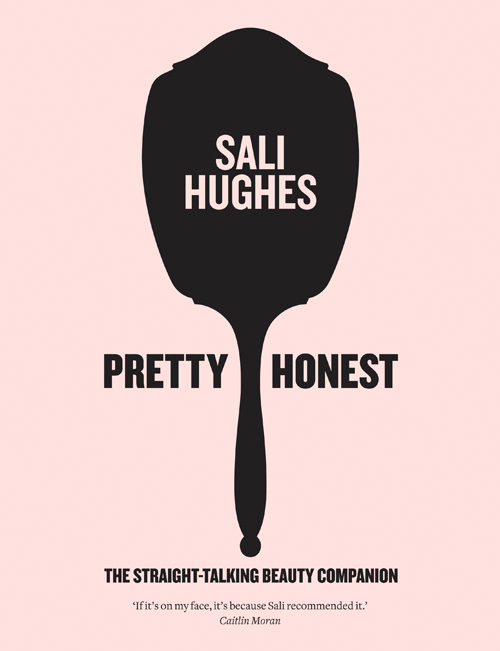
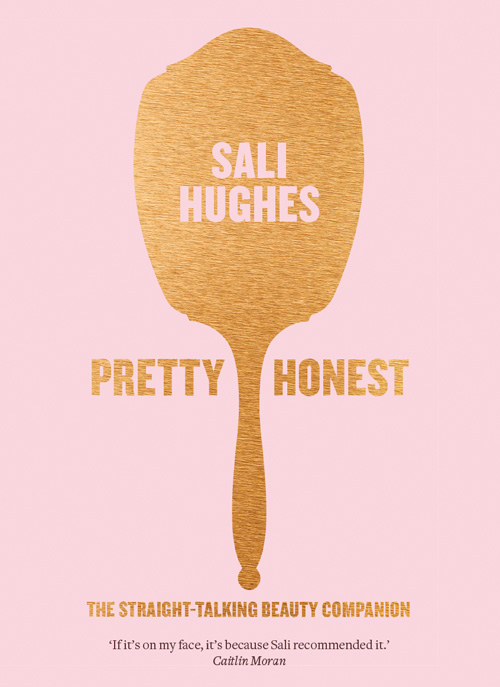
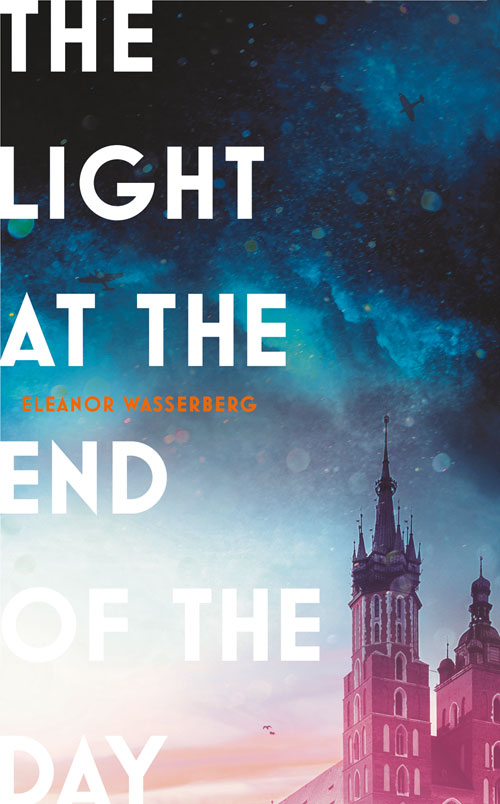
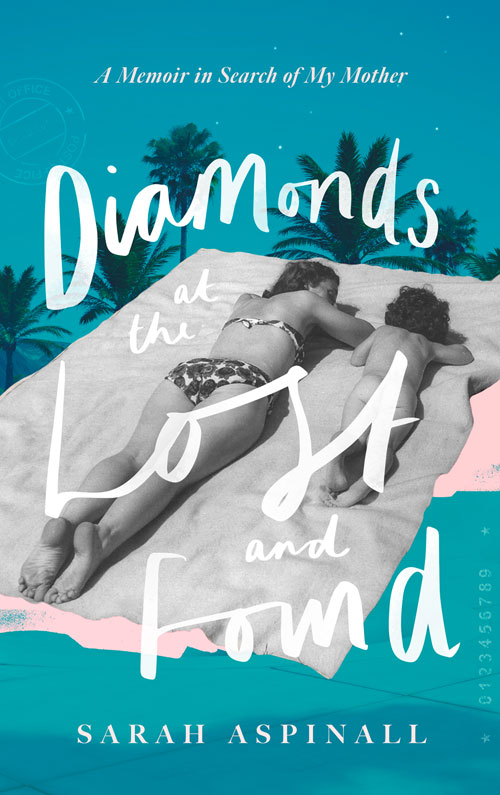
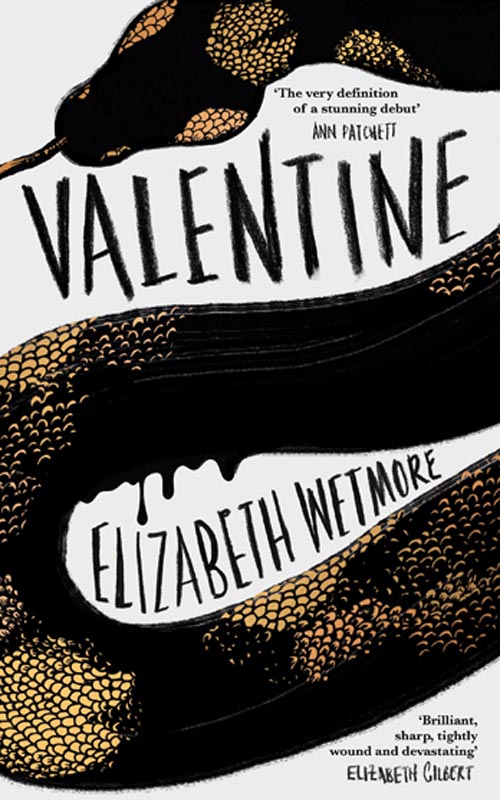
4thestatebooks